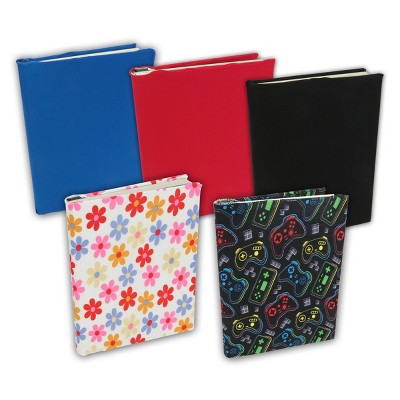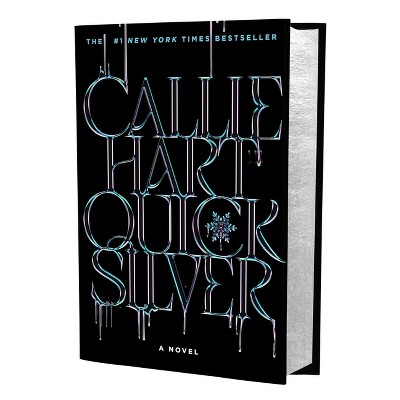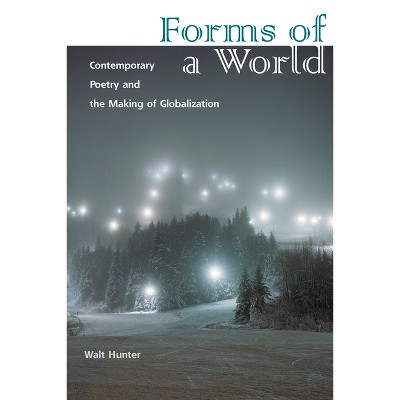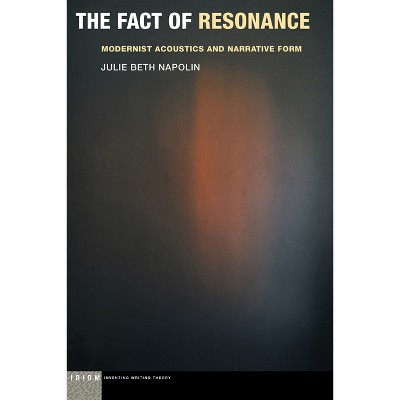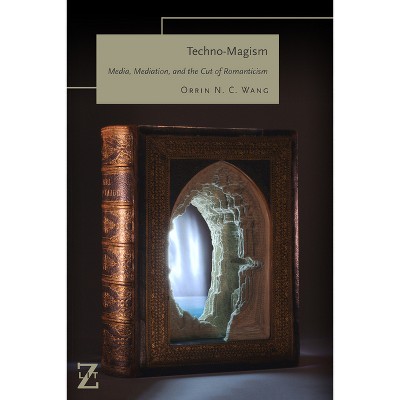About this item
Highlights
- The K-Effect shows how the roman alphabet has functioned as a standardizing global model for modern print culture.
- About the Author: Christopher GoGwilt is Professor of English and Comparative Literature at Fordham University.
- 240 Pages
- Literary Criticism, Modern
Description
About the Book
Taking up the phenomenon of romanization, this book's comparative reading of Joseph Conrad, James Joyce, Lu Xun, Franz Kafka, and Pramoedya Ananta Toer, proposes an important new way to assess the multi-lingual, multi-script coordinates of transnational modernism and modern print culture.Book Synopsis
The K-Effect shows how the roman alphabet has functioned as a standardizing global model for modern print culture. Investigating the history and ongoing effects of romanization, Christopher GoGwilt reads modernism in a global and comparative perspective, through the works of Joseph Conrad and others.
The book explores the ambiguous effect of romanized transliteration both in the service of colonization and as an instrument of decolonization. This simultaneously standardizing and destabilizing effect is abbreviated in the way the letter K indexes changing hierarchies in the relation between languages and scripts. The book traces this K-effect through the linguistic work of transliteration and its aesthetic organization in transnational modernism. The book examines a variety of different cases of romanization: the historical shift from Arabic script to romanized print form in writing Malay; the politicization of language and script reforms across Russia and Central Europe; the role of Chinese debates about romanization in shaping global transformations in print media; and the place of romanization between ancient Sanskrit models of language and script and contemporary digital forms of coding. Each case study develops an analysis of Conrad's fiction read in comparison with such other writers as James Joyce, Lu Xun, Franz Kafka, and Pramoedya Ananta Toer. The first sustained cultural study of romanization, The K-Effect proposes an important new way to assess the multi-lingual and multi-script coordinates of modern print culture.From the Back Cover
"In an exhilarating exploration of the letter K and other micro-textual details across a range of writing systems, GoGwilt reexamines the history of romanization and its entanglement with Arabic, Chinese, and other major scripts. A fascinating range of modernist texts converge to form a powerful archive of exile, encounter, conflict, and transformative shifts in modern global history. A bold experiment in comparative method."--Lydia H. Liu, author of The Freudian Robot: Digital Media and the Future of the Unconscious
"No one has ever drawn, from the history of romanization and the shifting norms of transliteration, such subtle insights into the linguistic, social, and aesthetic forms of modernity as Christopher GoGwilt, and across so vast a world of scripts and languages. He has given us a truly innovative, eye-opening book."--Sheldon Pollock, Columbia University The K-Effect shows how the roman alphabet has functioned as a standardizing global model for modern print culture. Investigating the history and ongoing effects of romanization, Christopher GoGwilt reads modernism in a global and comparative perspective, through the works of Joseph Conrad and others. The book explores the ambiguous effect of romanized transliteration both in the service of colonization and as an instrument of decolonization. This simultaneously standardizing and destabilizing effect is abbreviated in the way the letter K indexes changing hierarchies in the relation between languages and scripts. The book traces this K-effect through the linguistic work of transliteration and its aesthetic organization in transnational modernism. The book examines a variety of different cases of romanization: the historical shift from Arabic script to romanized print form in writing Malay; the politicization of language and script reforms across Russia and Central Europe; the role of Chinese debates about romanization in shaping global transformations in print media; and the place of romanization between ancient Sanskrit models of language and script and contemporary digital forms of coding. Each case study develops an analysis of Conrad's fiction read in comparison with such other writers as James Joyce, Lu Xun, Franz Kafka, and Pramoedya Ananta Toer. The first sustained cultural study of romanization, The K-Effect proposes an important new way to assess the multi-lingual and multi-script coordinates of modern print culture. Christopher GoGwilt is Professor of English and Comparative Literature at Fordham University.Review Quotes
Christopher GoGwilt's The K-Effect is timely and significant. Falling into the study of global modernisms, it engages in a comparative examination of romanization, which for GoGwilt includes not only the spread of Latin script across the globe but also the way that different texts, writers, and languages interact with transliteration into and within Latin script.-- "Modernism/Modernity"
In an exhilarating exploration of the letter K and other micro-textual details across a range of writing systems, GoGwilt reexamines the history of romanization and its entanglement with Arabic, Chinese, and other major scripts. A fascinating range of modernist texts converge to form a powerful archive of exile, encounter, conflict, and transformative shifts in modern global history. A bold experiment in comparative method.---Lydia H. Liu, author of The Freudian Robot: Digital Media and the Future of the Unconscious
No one has ever drawn, from the history of romanization and the shifting norms of transliteration, such subtle insights into the linguistic, social, and aesthetic forms of modernity as Christopher GoGwilt, and across so vast a world of scripts and languages. He has given us a truly innovative, eye-opening book.---Sheldon Pollock, Columbia University
About the Author
Christopher GoGwilt is Professor of English and Comparative Literature at Fordham University. He is the author of The Passage of Literature: Genealogies of Modernism in Conrad, Rhys, and Pramoedya (Oxford, 2011, winner, Modernist Studies Association Book Prize), The Fiction of Geopolitics: Afterimages of Culture from Wilkie Collins to Alfred Hitchcock (Stanford, 2000), and The Invention of the West: Joseph Conrad and the Double-Mapping of Europe and Empire (Stanford, 1995).

